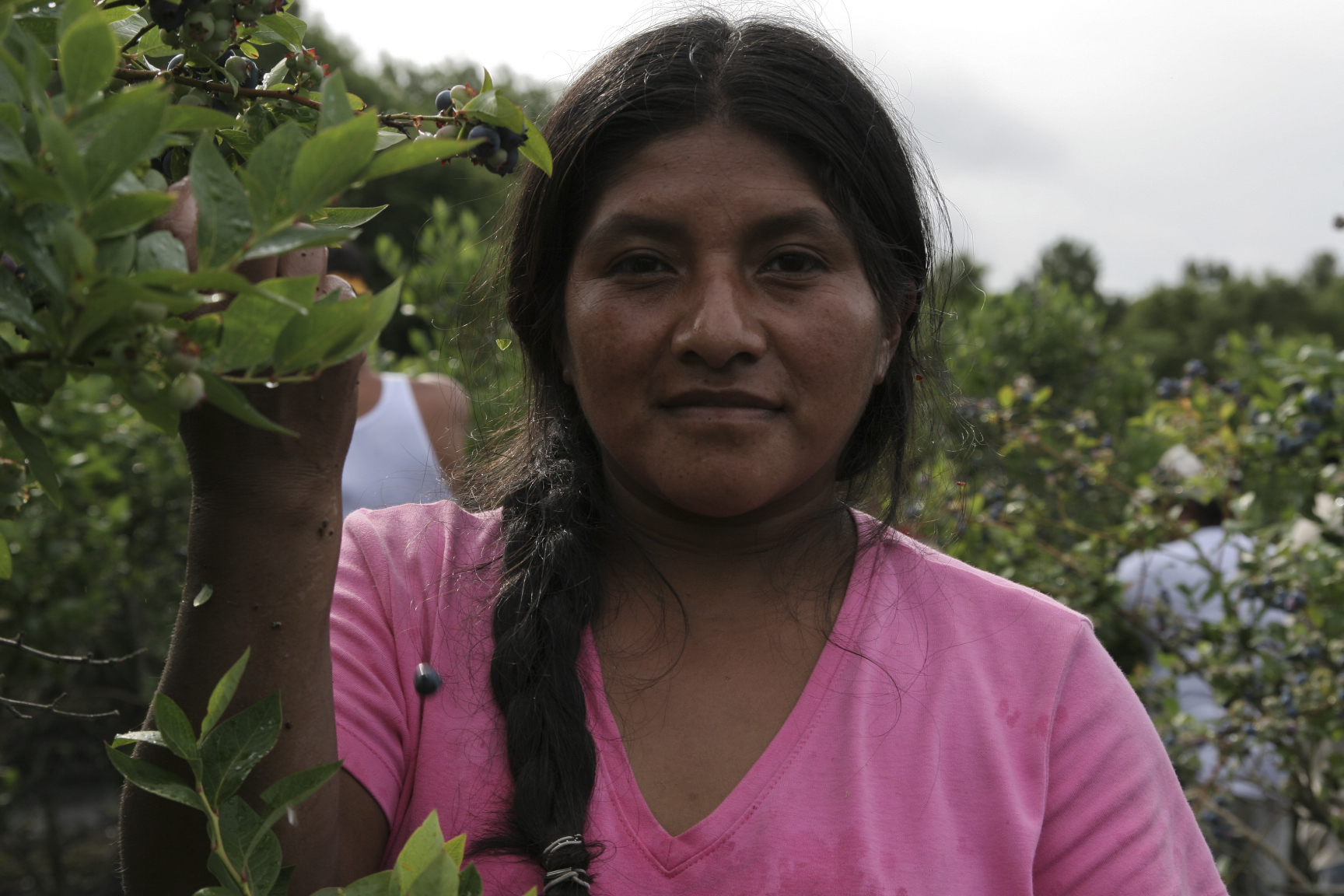 North Carolina’s farmworker population is made up of citizens of the United States, immigrants (both documented and undocumented who make their home in the United States), and H-2A and H-2B workers who come to the United States on seasonal non-immigrant visas. In addition, some who work on farms in North Carolina are not immigrants but have formal Dept. of Homeland Security permission to remain in the U.S. and be employed (28).
North Carolina’s farmworker population is made up of citizens of the United States, immigrants (both documented and undocumented who make their home in the United States), and H-2A and H-2B workers who come to the United States on seasonal non-immigrant visas. In addition, some who work on farms in North Carolina are not immigrants but have formal Dept. of Homeland Security permission to remain in the U.S. and be employed (28).
In general, all persons in the United States, regardless of immigration status are entitled to some basic protections under the Constitution: the due process of law and the equal protection of the law, as promised in the Fourteenth Amendment.
This means that all farmworkers, regardless of citizenship or immigration status, have certain basic rights, including the rights to:
- be paid for work performed and to receive the minimum wage and overtime if applicable;
- receive a wage statement with wages which identifies among other things, the hours worked, the basis of the pay received, and all deductions from the pay;
- live in housing which comports with the state and federal safety and health standards;
- receive safety training before working with pesticides and other agricultural chemicals and to have proper protective gear provided and re-entry times observed after pesticide applications to fields;
- have field sanitation facilities available to use;
- receive free medical care and compensation for lost wages when injured on the job, if the employer has or should have workers compensation coverage;
- require legal process if the landlord wants to evict them;
- receive the visitors they choose while living in employer provided or rental housing; and to
- be free from sexual harassment in the workplace or discrimination based on race, national origin, religion, or gender.
While all the rights listed above pertain to all farmworkers, it is lawful for the federal and state government to make distinctions between citizens of the United States and citizens of other countries regarding certain privileges, such as public benefits. Undocumented immigrants are not eligible for welfare, food stamps, Medicaid, and most other public benefits (29). Immigrants who have lawful permanent resident (LPR) status are not eligible for public benefits, either, until they have had LPR status for at least 5 years (30). Only U.S. citizens, lawful permanent residents, and those who have employment authorization from the Department of Homeland Security are eligible for unemployment.
